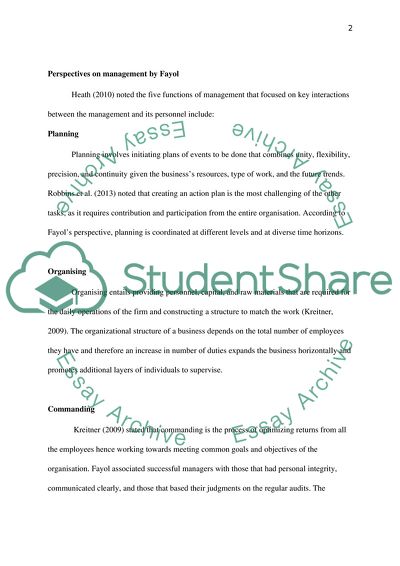Cite this document
(“Fayols Systematic Management Essay Example | Topics and Well Written Essays - 1750 words”, n.d.)
Retrieved from https://studentshare.org/finance-accounting/1665547-critically-discuss-the-extent-to-which-fayols-classic-analysis-of-the-management-function-has-largely-been-made-redundant-by-the-more
Retrieved from https://studentshare.org/finance-accounting/1665547-critically-discuss-the-extent-to-which-fayols-classic-analysis-of-the-management-function-has-largely-been-made-redundant-by-the-more
(Fayols Systematic Management Essay Example | Topics and Well Written Essays - 1750 Words)
https://studentshare.org/finance-accounting/1665547-critically-discuss-the-extent-to-which-fayols-classic-analysis-of-the-management-function-has-largely-been-made-redundant-by-the-more.
https://studentshare.org/finance-accounting/1665547-critically-discuss-the-extent-to-which-fayols-classic-analysis-of-the-management-function-has-largely-been-made-redundant-by-the-more.
“Fayols Systematic Management Essay Example | Topics and Well Written Essays - 1750 Words”, n.d. https://studentshare.org/finance-accounting/1665547-critically-discuss-the-extent-to-which-fayols-classic-analysis-of-the-management-function-has-largely-been-made-redundant-by-the-more.


